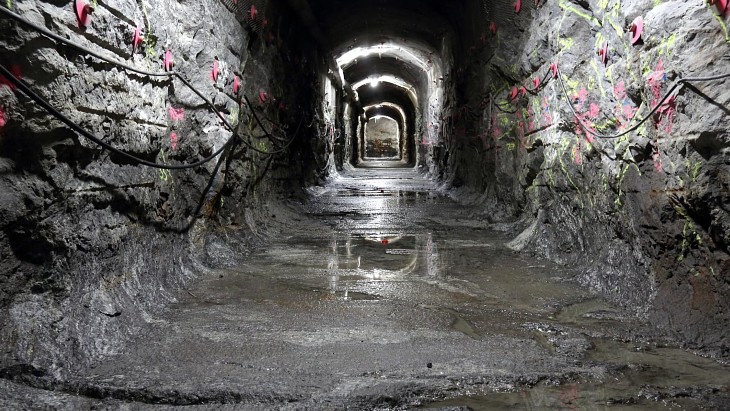NAC will provide cask licensing, dry storage facility design and construction, required hardware supply, and fuel loading operations for the Pennsylvania plant's dry storage facility. The contract is to support the transfer of used fuel to dry cask storage and implementation of a new Independent Spent Fuel Storage Installation (ISFSI) in support of TMI unit 1's shutdown, which is scheduled to take place in September, and its transition to SAFSTOR and is NAC’s seventh MAGNASTOR system award worldwide.
Magnastor stands for Modular, Advanced Generation, Nuclear All-purpose STORage and is a canister storage system capable of storing 37 pressurised water reactor or 87 boiling water reactor used fuel assemblies. According to NAC, the system is capable of storing 16-28% more used fuel than competing high-capacity licensed systems.
The Magnastor system received its initial certification from the US Nuclear Regulatory Commission in 2009 and NAC made the first deliveries to customers in 2010. The system has been selected for use at Duke Energy’s Catawba and McGuire plants, APS's Palo Verde, Exelon Generation’s Zion, Dominion's Kewaunee and Taiwan Power Company Kuosheng nuclear power plant. More than 120 Magnastor systems have been loaded to date, NAC said.
Exelon Generation in May finalised its decision to close TMI unit 1 for economic reasons after it became clear that the state of Pennsylvania would be unable to enact a policy solution recognising nuclear energy's contribution to zero-carbon energy production in time to preserve the unit. The 819 MWe (net) pressurised water reactor began commercial operation in September 1974 and is currently licensed to operate until 2034. The company has selected the SAFSTOR deferred dismantling option for the unit, and has previously said it plans to transition used fuel into the on-site used fuel pool and then to dry cask storage by the end of 2022.
TMI unit 2 - owned by First Energy - was damaged during an accident in 1979 and never reopened.

.jpg.aspx)




_49562.jpg)






